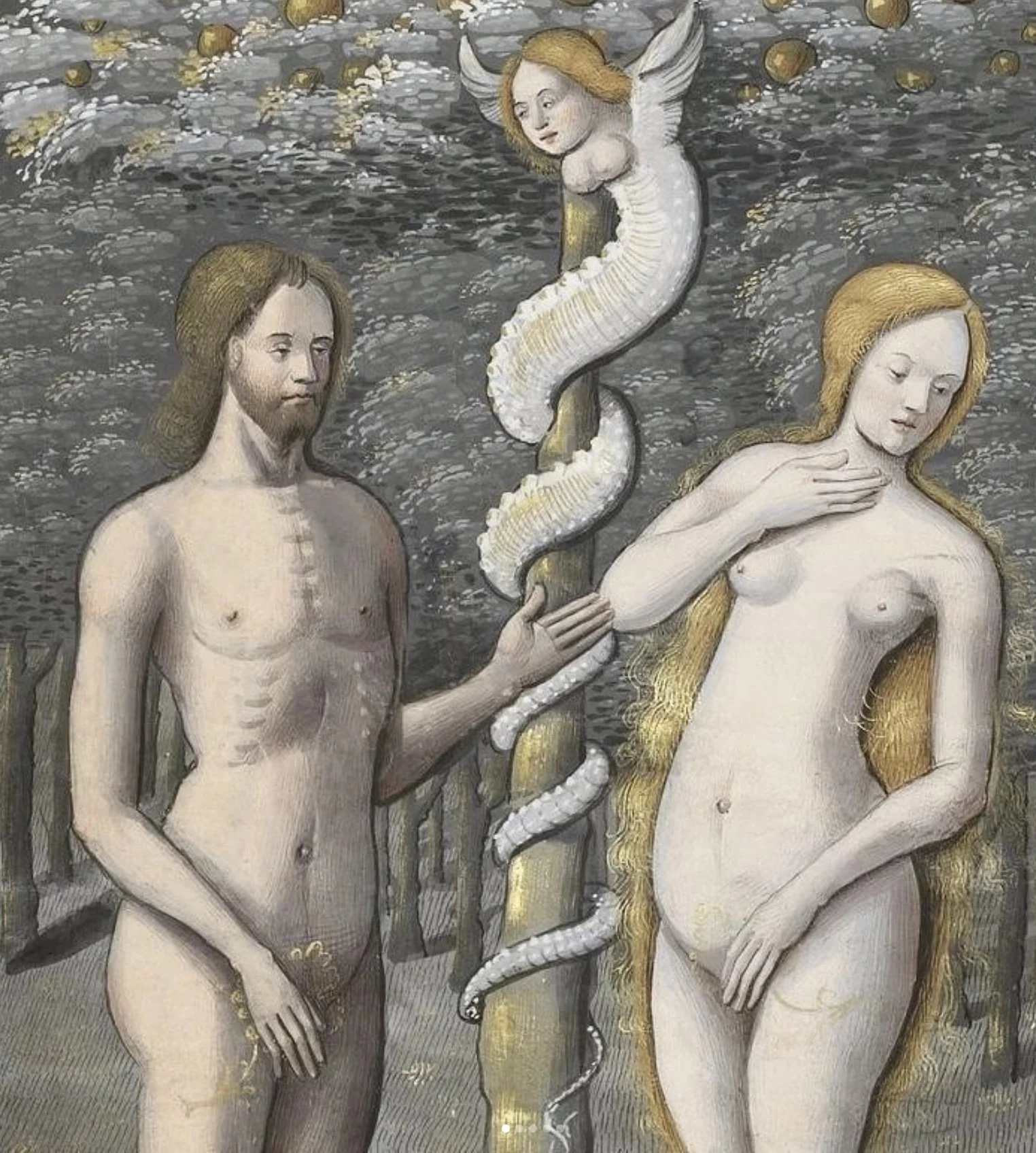On Spiritual Partnership
Relationship, I believe, is where we are bound to learn about ourselves. Spiritual partnership is something that transcends me-ness, and us-ness.
The notion that we can singularly and autonomously learn everything we need has natural limits. Inevitably, when we choose to enter a relationship of any kind, we choose to learn. We enter collaboration at work to learn, we enter parenting to learn, we enter intimacy to learn. Anyone who denies this, or posits that the individual can exist fully and autonomously in a relationship without self-reflection or introspection and sharing is signaling that they do not want to be in a relationship, or worse, that they feel they have nothing to share or learn from another person. There exists a paradox in relationships like everything else, of course. I will tell you that I believe most people choose a relationship for the wrong reasons and do not have a deep one — and so, pent-up anxiety from not having dealt squarely with themselves and resentment for the inability (rightfully so) of the other to help them, is almost inevitable. Too many people end up living in a sort of quiet desperation for their choice — and that choice is derived directly from their own failure to have done the needed depth of work on themselves before they entered the relationship.
I ascribe to the notion that we ought not to process our shortcomings, our “issues” in the context of relationships. When we do, we kill the relationship. There is truth when we say or hear that we must come to relationships whole — not to be made whole. No one makes another person “whole”. I also believe that romance has nothing to do with relationships — and that all the feelings we normally associate with it — can be organic, intimate, and real without the overlay of “romance”, or infatuation, or obsession. Many people (myself included) have tortured themselves for these very reasons — the ego and our “not-whole” self gets a hold of a deep, unresolved emotional need, or the sex, or wants more emotional support than their partner can muster and the relationship suffers. This is overlooked entirely by most people who believe that a partner should be everything: wife, husband, therapist, friend, co-parent.
We cannot be anything for anyone but what we are naturally for ourselves.
On a very practical level, real relationships where the individual is fully celebrated allow the other person to emerge fully, to be free fully; and in the end, yes, concessions need to be made, compromises need be made — but what happens when one partner needs the other? We must find someone whose needs are based on ours. Finally, I wouldn’t ever ignore the issue of day-to-day compatibility. Can I live with this person’s moods, quirks, needs, even faults, and still fully love them — have a deep respect resonating so much so that they are not made to feel dumb, ashamed or less worthy because they sometimes behave in ways that I do not like.
The Dalia Lama was once asked — Why be a monk? Isn’t there great value in intimacy? And he responded, “Yes of course, but that is a yoga that I have grave concerns about”. Today — I do believe that unless a person or two people have an explicit, long-winded, knock-down, drag-it-all-out and put-it-on-the-table conversation about what relationship is — perhaps over an initial period, then the risk is greater. At 46, I am not willing to risk my heart without examination, thorough exploration, or real connection.
I have had very many disappointments — not because of other people, but because I did not take my own needs seriously enough, because I was motivated by the wrong things. Chief amongst my concerns, maybe the most important one in fact, is that of having a spiritual connection that is front and center — paid attention to, cultivated, and encouraged, every day. The “work” of a relationship is then a practice, and less work. Relationship IS the spiritual path. With respected freedom and autonomy for the individual and spirituality at the core — there can be something more than two people making eggs . Two individuals are coming together out of choice, without compunction or pressure. Two people choose to love one another with the highest measure of consciousness that they can muster.



